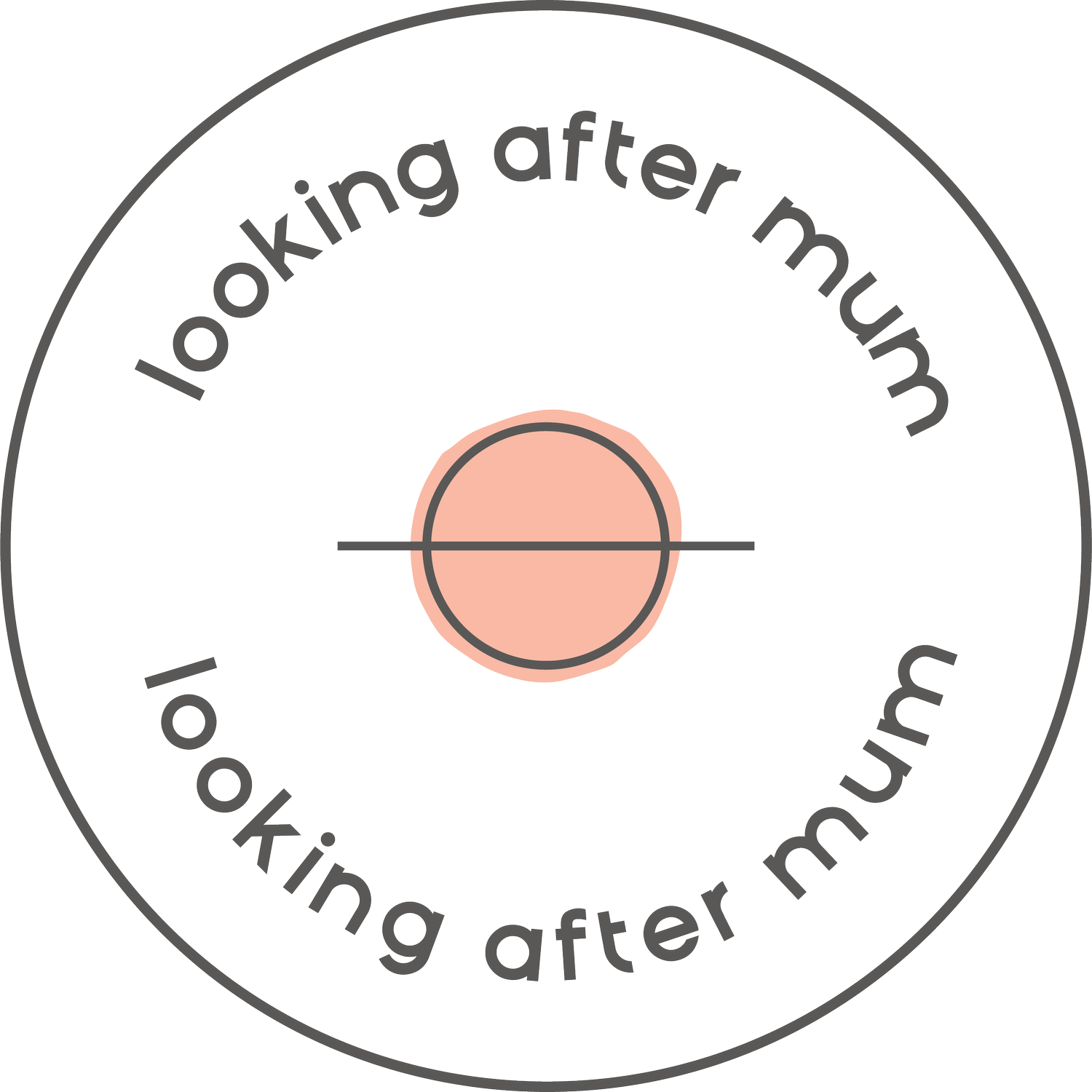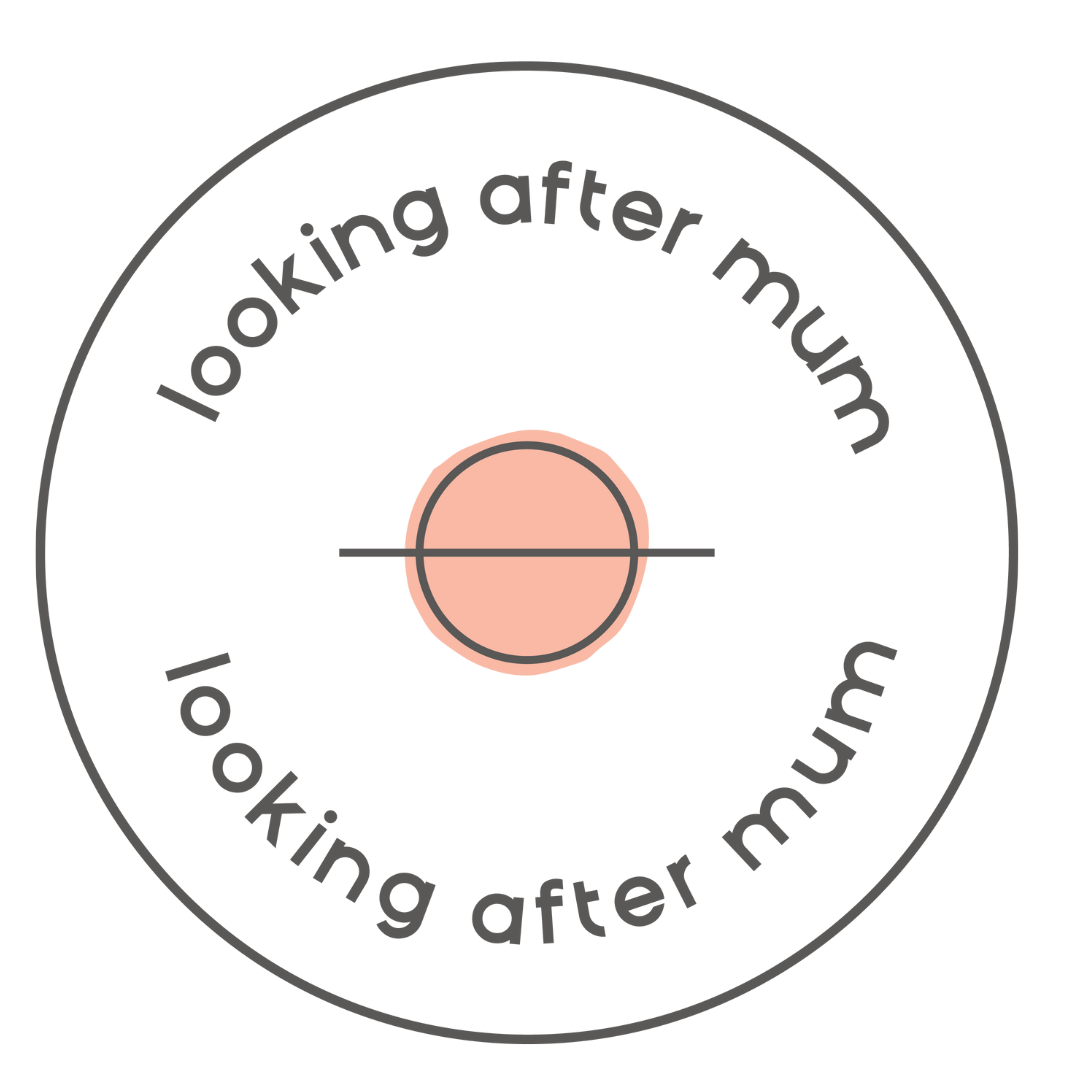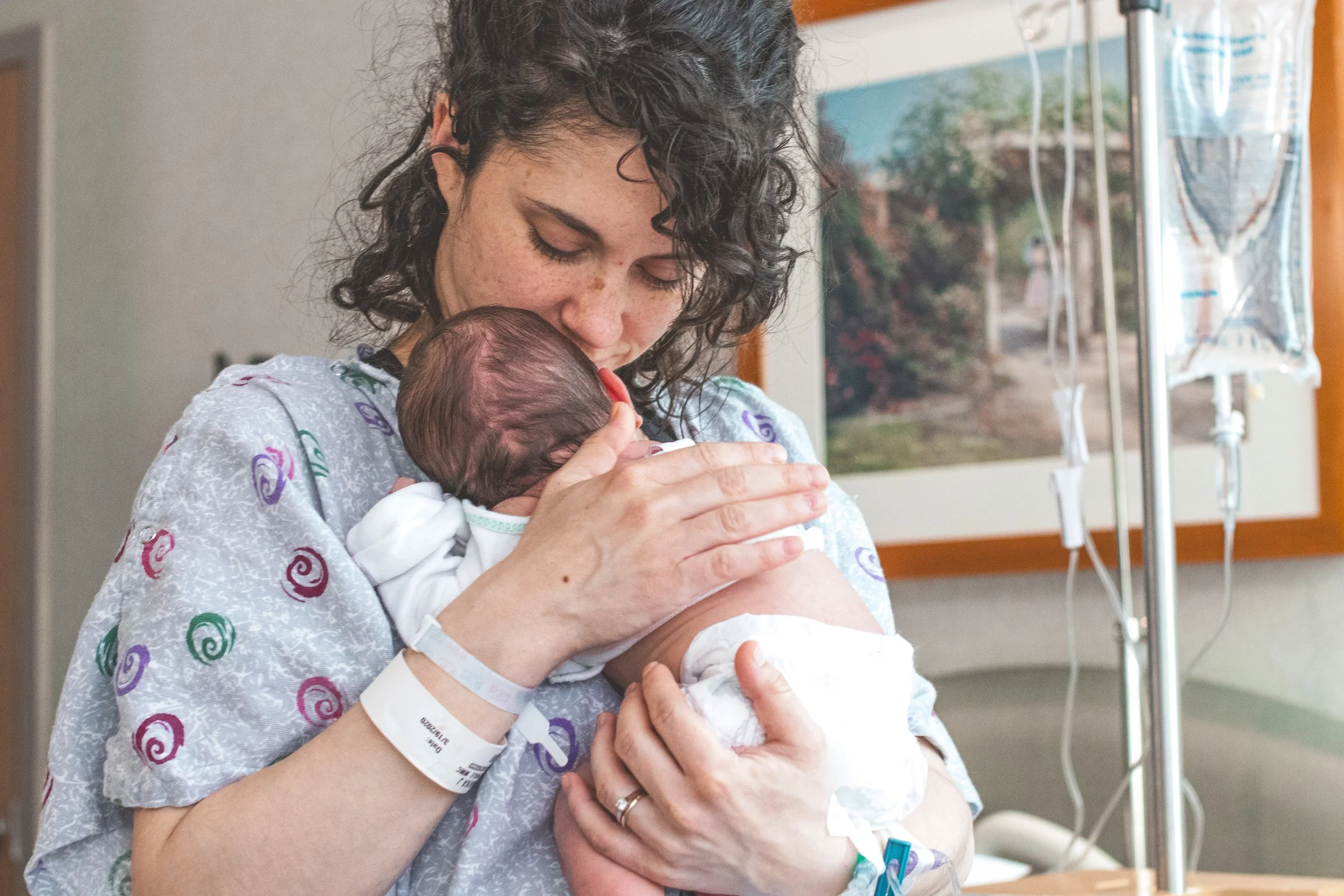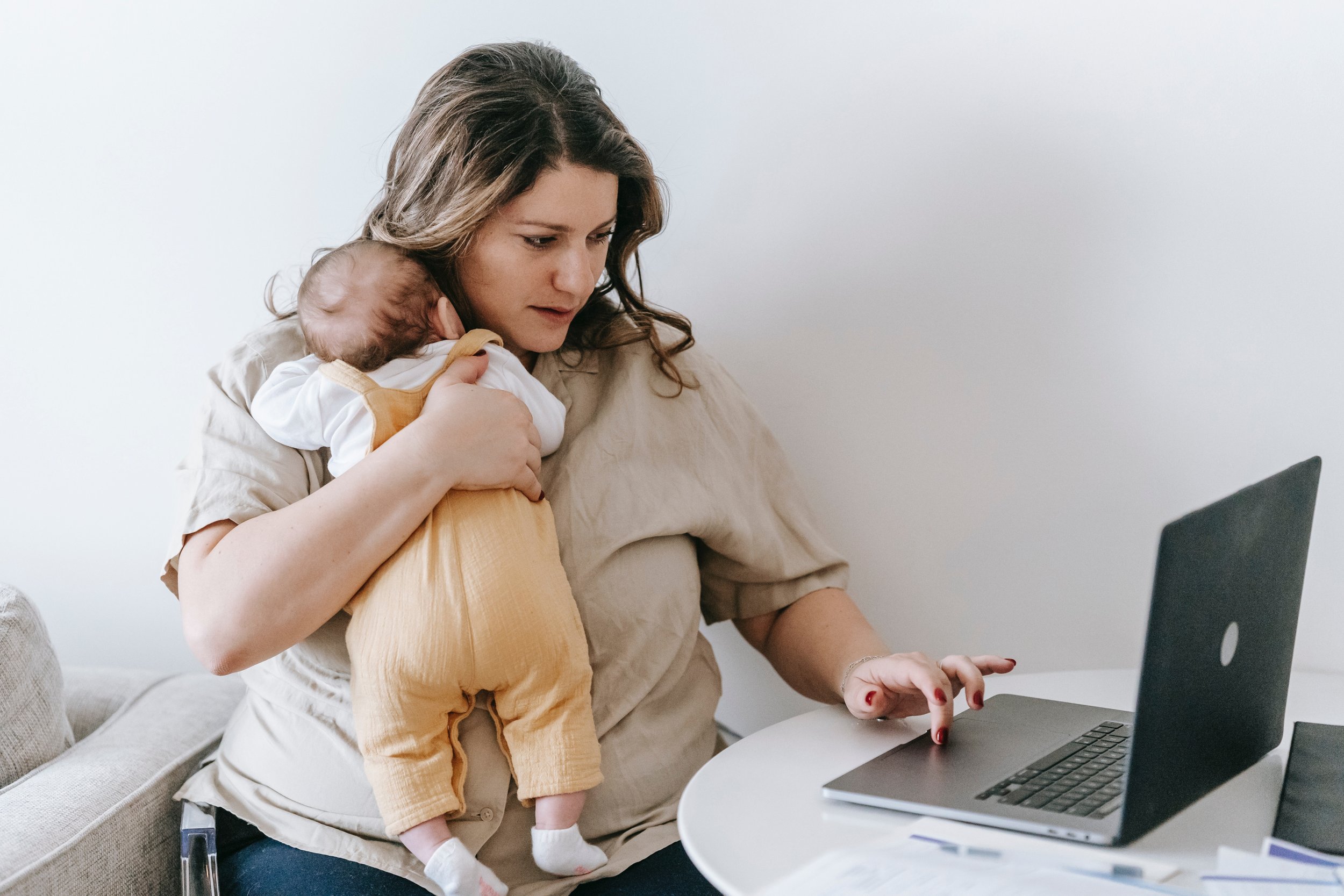How to Help Postpartum Anxiety
By Sophie Harris - Pregnancy & Postpartum Psychotherapist
Some level of anxiety is totally normal and to be expected after you have a baby. However, for many of us, we can get caught in the constant cycle of worrying, experiencing the feeling that something really bad is going to happen.
Regardless of your anxiety level, these tips will show you how to help postpartum anxiety.
Remember that a thought is just a thought
It’s really important to recognise and remember that your thoughts are just thoughts. When we feel anxious, we often get carried away with our thoughts and start believing that they are factual truths, and that they must mean something really bad is going to happen.
When we are able to take a step back from our thoughts and just observe them, it really helps to recognise that they aren’t the truth. For example, if I have the thought “something bad is going to happen to my baby”, instead of getting caught up in a cycle of anxiety, I can assess the situation (and presuming they aren’t in actual danger in that moment), notice my thought and correct it to “I’m thinking that something bad is going to happen to my baby”.
With the second version, we are simply noticing that we're having that thought, but we're not buying into it, we are simply observing. It’s really important for you to separate yourself from the anxiety and recognise that a thought is just a thought.
Reduce or avoid checking things
Do you find yourself checking that your baby is breathing at night? Or checking your baby’s body for signs or symptoms that something is wrong? Or perhaps you find yourself checking the good old internet lots.
All of these behaviours are completely normal - of course, we want to make sure everything is okay. However, it’s easy for this to become excessive and we may, for example, stay up all night checking that our baby is okay to the point where we're not getting any sleep ourselves.
Try to consider what a helpful level of checking looks like for you, and what is actually conducive to taking care of your baby. Perhaps ask your partner or close friend to help you gain some perspective and decide what a helpful level of checking is for you.
Learn to Retrain Your Attention
With anxiety, we generally find that our attention is focused on something specific, which further emphasises and exacerbates our anxiety on that specific thing. For example, it may be symptoms in your body, the world around you or something in relation to your baby. We often get caught ruminating and worrying about something bad happening.
Now we know that our thoughts are just thoughts, we want to recognise this and to move our attention away. This can be done in various ways and simple mindfulness exercises can be really helpful. Practice the ability to refocus your attention by looking around the room and for example, noticing what you can hear, see, taste, or even smell in that moment. This simple grounding technique is a very powerful way to refocus your attention.
Challenge your thoughts
So, at this stage, we've noticed that our thoughts are just thoughts - not necessarily facts, but sometimes it's still really hard to tell if that thought is realistic or even logical. Try to think of different ways that you could look at the situation. For example, you might think “if a friend was in the same situation, what would I think?” Or, “if I wasn't feeling anxious or low in mood, then how might I see this situation?”
Maybe you've dealt with this situation before, when you didn't feel anxious - try to recall how you dealt with it, then. Perhaps there's someone that you trust and value - consider how they might act or the advice that they might give to you.
Try to find ways to establish whether your anxious thoughts are realistic, i.e. based in reality or whether they actually need to be challenged to something more helpful.
Avoid avoiding
When we feel anxious, we will often avoid things because doing them may make our anxiety worse.
Let's say I am standing in my apartment near a window and I get an intrusive, scary, anxious thought about me dropping my baby out of the window. I may just avoid standing near that window again, but it’s likely to make my anxiety worse in the long run - even though why I’m avoiding doing it is completely understandable. However, the more I don’t go near that window, the more power I am adding to that thought and the more I may feel scared to go near that window in the future.
Another example may be that I'm feeling really shy and anxious and I don’t want to go to a baby class even though I know I will feel better if I go and it’s just my anxiety holding me back. If I don't go, it will relieve my anxiety in the short term but in the longer run, it will make my anxiety worse because I am not learning that I can go and everything will be fine.
Notice anything in your life that you are avoiding right now and consider if it is something that you could introduce (or reintroduce) and how you could do this to gradually build it into your life.
Relax Your Nervous System
When we are anxious, it takes its toll not just on our mental wellbeing, but our physical body too. We usually carry a lot of tension and stress, and are on high alert for danger. Sometimes our hypervigilance can even lead us to expect things to go wrong.
What we need to learn is how to relax our nervous systems and calm that physical tension in the body. Learning to regulate our breathing by taking deep breaths and bringing oxygen to different parts of the body, spending time outside in nature and with friends who understand you may be your form of relaxation.
It’s important to actively make time for things you know will help you to relax.
Do you want some more support to help with postpartum anxiety?
Being a new Mum isn’t easy but hopefully you have now learned some tips to try to ease your postpartum anxiety.
If you're still trying to work out if your anxiety is of a normal level or whether it is really excessive, you may like to watch this video to learn about what is normal anxiety and what we would classify as postpartum anxiety.
Hi, i’m Sophie
I am a therapist and mother. I love helping new mums overcome anxiety and low mood to feel confident and content.
If you are looking for postpartum support to help postpartum anxiety for you or a loved one, then use the link below to find out more about the services that could help you.







